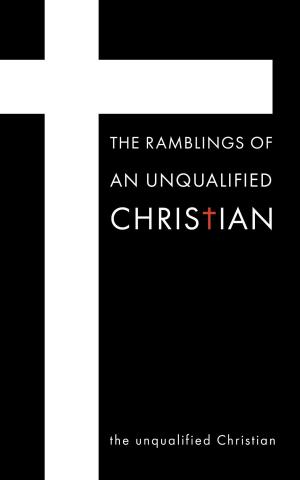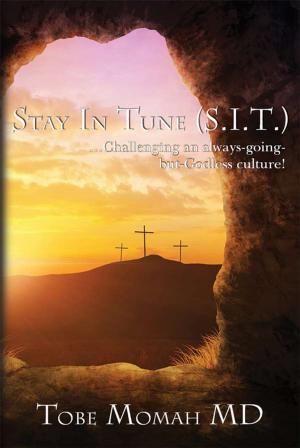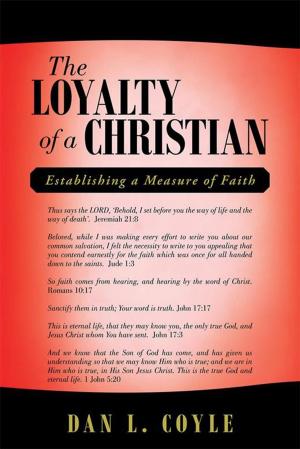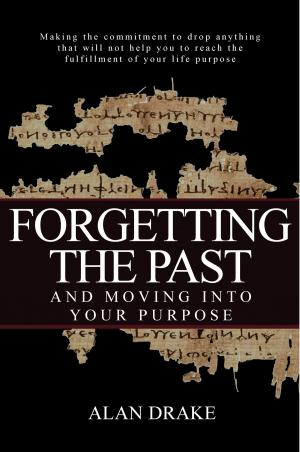| Author: | J.S. Clark | ISBN: | 9781301535965 |
| Publisher: | J.S. Clark | Publication: | December 3, 2012 |
| Imprint: | Smashwords Edition | Language: | English |
| Author: | J.S. Clark |
| ISBN: | 9781301535965 |
| Publisher: | J.S. Clark |
| Publication: | December 3, 2012 |
| Imprint: | Smashwords Edition |
| Language: | English |
Jesus was a Hebrew. He went to the Temple, often. He called it His Father's house. He went to synagogue on the Sabbath. He attended the feasts, even when people were waiting to kill him. He argued doctrine from Moses, the Prophets, and the Writings. He said the Shema (“the LORD our God, the LORD is one”). He recognized only the God of Abraham, Isaac, and Jacob.
So why don't Jews see Christianity as one of their sects? Was it because the Jews rejected their Messiah? Wasn't the first wave of disciples, Jewish? How was Jesus able to win thousands of Jews in the shadow of the Temple, under the noses of the Pharisees and Sadducees? How was it that the largest mass conversion in the New Testament occurred with a Jewish audience, in Jerusalem, on one of their Holy Days?
Perhaps the question should be, how is it that the Messiah and His followers could worship alongside their kindred within the Temple and Synagogues where the great prophet Moses, giver of the law, was revered?
How did the Messiah treat the teachings of Moses? Why do some see Moses and Jesus's disciples as adversaries? The law of Moses was the standard that God's people lived by for centuries, the standard God cited for His judgment when He desolated the land of Israel with the armies of pagan kings; why does our proof-text for disregarding that standard come primarily from a single, New Testament writer? Why not Isaiah or Jeremiah? Does it seem odd that the argument for a massive shift away from thousands of years of understanding comes after the fact? In the last 33% of scripture and not from the first 67% which Messiah used in His ministry?
Backwards explores these questions and shows how the answer comes through understanding scripture as a single story by a God who reveals the end in the beginning. A story where every loose end is tied up, and every promise fulfilled.
Jesus was a Hebrew. He went to the Temple, often. He called it His Father's house. He went to synagogue on the Sabbath. He attended the feasts, even when people were waiting to kill him. He argued doctrine from Moses, the Prophets, and the Writings. He said the Shema (“the LORD our God, the LORD is one”). He recognized only the God of Abraham, Isaac, and Jacob.
So why don't Jews see Christianity as one of their sects? Was it because the Jews rejected their Messiah? Wasn't the first wave of disciples, Jewish? How was Jesus able to win thousands of Jews in the shadow of the Temple, under the noses of the Pharisees and Sadducees? How was it that the largest mass conversion in the New Testament occurred with a Jewish audience, in Jerusalem, on one of their Holy Days?
Perhaps the question should be, how is it that the Messiah and His followers could worship alongside their kindred within the Temple and Synagogues where the great prophet Moses, giver of the law, was revered?
How did the Messiah treat the teachings of Moses? Why do some see Moses and Jesus's disciples as adversaries? The law of Moses was the standard that God's people lived by for centuries, the standard God cited for His judgment when He desolated the land of Israel with the armies of pagan kings; why does our proof-text for disregarding that standard come primarily from a single, New Testament writer? Why not Isaiah or Jeremiah? Does it seem odd that the argument for a massive shift away from thousands of years of understanding comes after the fact? In the last 33% of scripture and not from the first 67% which Messiah used in His ministry?
Backwards explores these questions and shows how the answer comes through understanding scripture as a single story by a God who reveals the end in the beginning. A story where every loose end is tied up, and every promise fulfilled.















